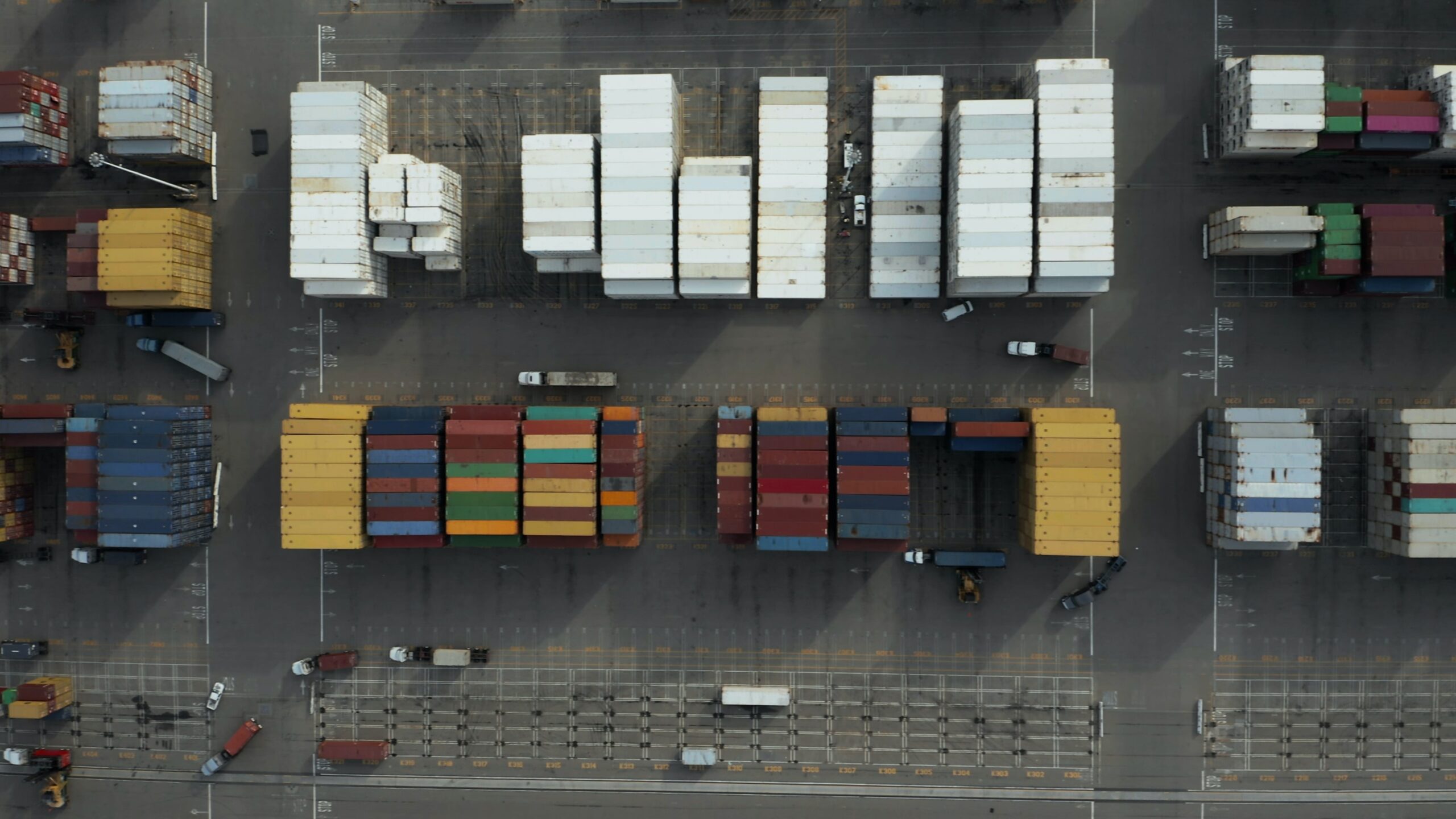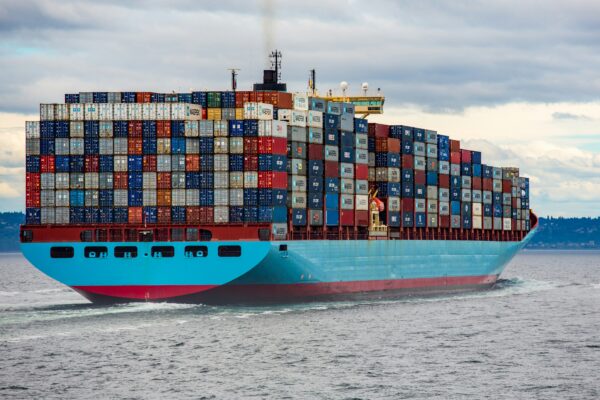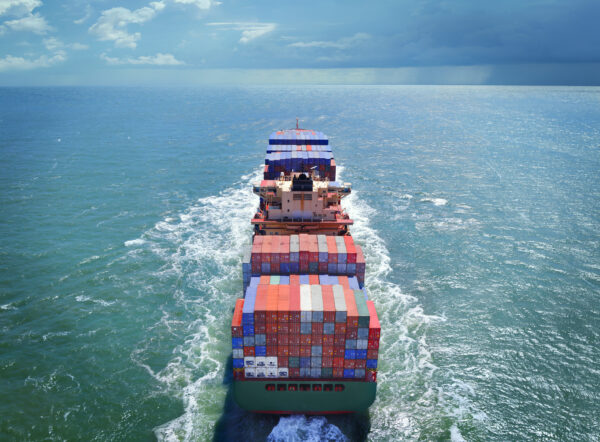Zencargo Market Update: 10th July
Jul 10, 2023
Scroll to find out more
Jul 10, 2023
Scroll to find out more

Some 7,500 port workers from the International Longshore and Warehouse Union Canada (ILWU Canada) went on strike on 1st July, with the industrial action now entering its 10th day. The strike follows a breakdown in contract negotiations between the ILWUC and the British Columbia Maritime Employers Association (BCMEA) over pay, retirement benefits and automation.
30 ports are currently impacted by the strikes including Vancouver and Prince Rupert, two of the country’s busiest maritime gateways, handling 20% of the country’s cargo flows. Due to the current low volume market the impact of the action has been mild. As the strike continues however, its ramifications for the country’s supply chains and economy could rapidly escalate, with experts estimating that in excess of $7 billion worth of cargo has already been disrupted. There are 16 vessels currently at anchor waiting off the Port of Vancouver and six at anchor at Prince Rupert, with more vessels currently in transit to the ports.
Adding to the pressure on the BCMEA to reach an agreement, is the recent announcement by ILWU West Coast chapter President Willie Adams that they will not handle ships diverted from Canadian ports, in a demonstration of solidarity.
Amid the mounting pressure, a coalition of trade organisations have called on the Canadian government to help mediate negotiations in order to avoid a complete supply chain collapse.
In other news, a majority of carriers have recently announced GRI’s (general rate increases). With the current demand situation it is unclear whether the market will sustain these increases or whether they will gradually erode similar to GRI’s earlier in the year.
Ocean
Air
Central China to USA and Europe
North China to USA and Europe
South China to USA and Europe
Ocean
Ocean
Ocean
Road/Rail
European Bank Holidays
We anticipate a shortage of availability and the occurrence of delays around the bank holiday periods. Plan ahead and allow extra time for your products to be delivered.
July 11 – Belgium*
July 14 – France
July 21 – Belgium
July 25 – Spain*
July 28 – Spain*
Aug 5 – Croatia, Spain*
Aug 7 – Ireland (Eire)
Aug 14 – Romania*
Aug 15 – Austria, Belgium, Croatia, Cyprus, France, Germany*, Greece, Italy, Lithuania, Luxembourg, Malta, Poland, Portugal, Romania, Slovenia, Spain
Aug 20 – Estonia, Hungary
Aug 29 – Slovakia
Sep 1 – Slovakia
Sep 2 – Spain*
Sep 4 – Luxembourg*
Sep 6 – Bulgaria
Sep 8 – Malta, Spain*
Sep 11 – Spain*
Sep 15 – Slovakia, Spain*
Sep 18 – Switzerland*
Sep 20 – Germany*
Sep 21 – Malta
Sep 22 – Bulgaria
Sep 24 – Austria*
Sep 25 – Switzerland*
Sep 27 – Belgium*, North Cyprus
Sep 28 – Czech Republic
Oct 1 – Cyprus, San Marino
Oct 3 – Germany
*Not in all regions
The information that is available in the Weekly Market Update comes from a variety of online sources, partners and our own teams. Click below to learn more about how Zencargo can help make your supply chain your competitive advantage.

In Focus: Tensions in the Middle East continue Over the past week, tensions hav...

In Focus: A market outlook Rolf Habben Jansen, CEO of Hapag Lloyd, anticipates...

In Focus: Carriers announce GRIs in April Following the Chinese New Year holida...